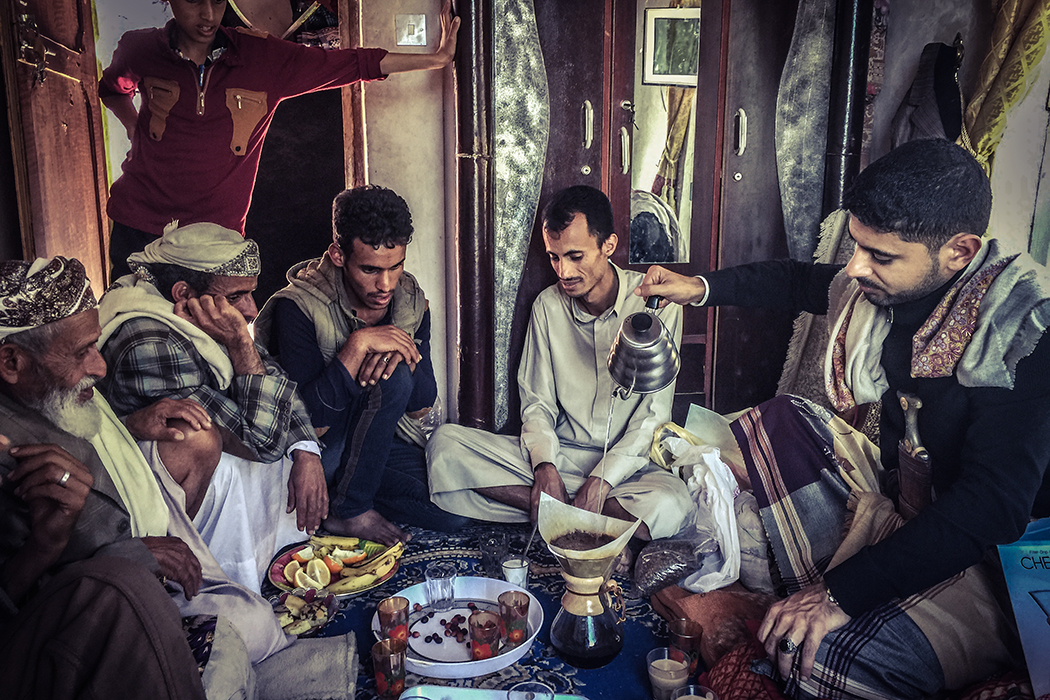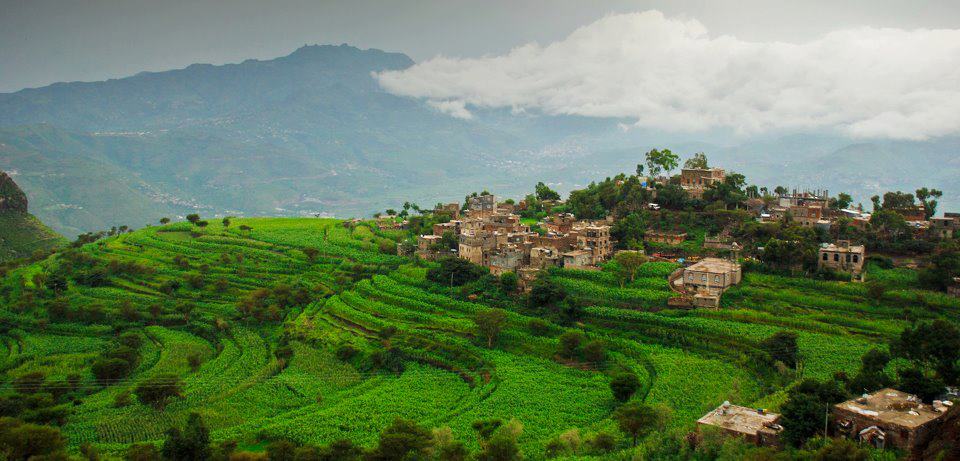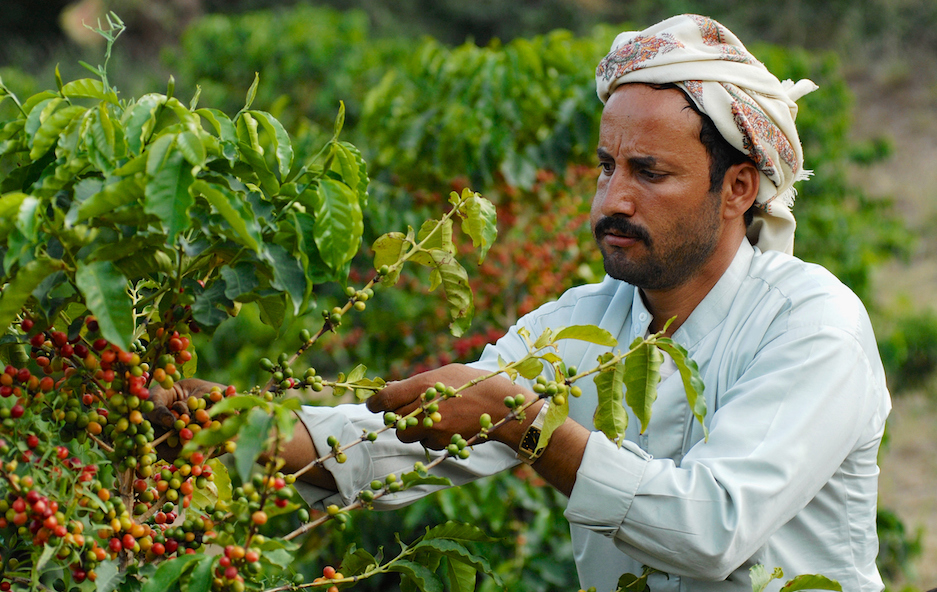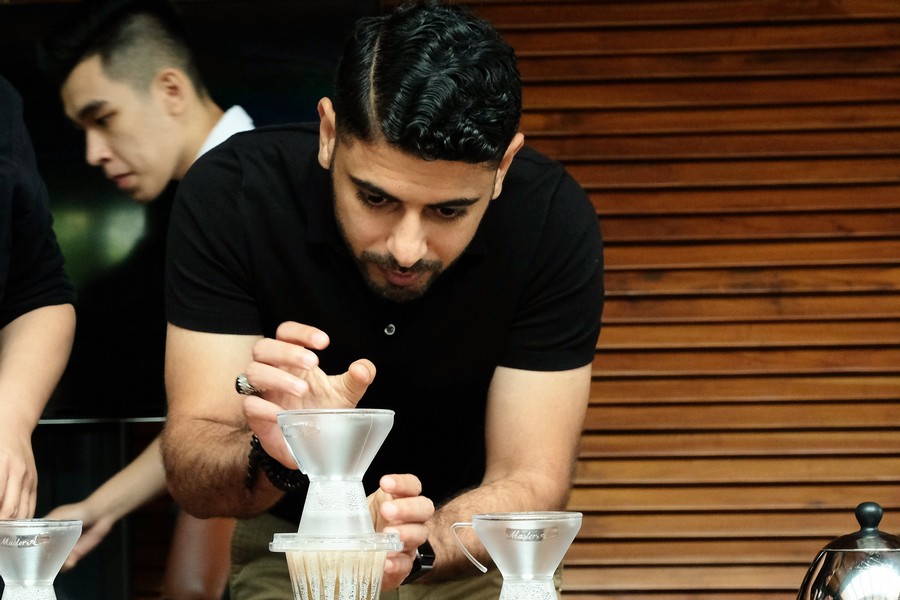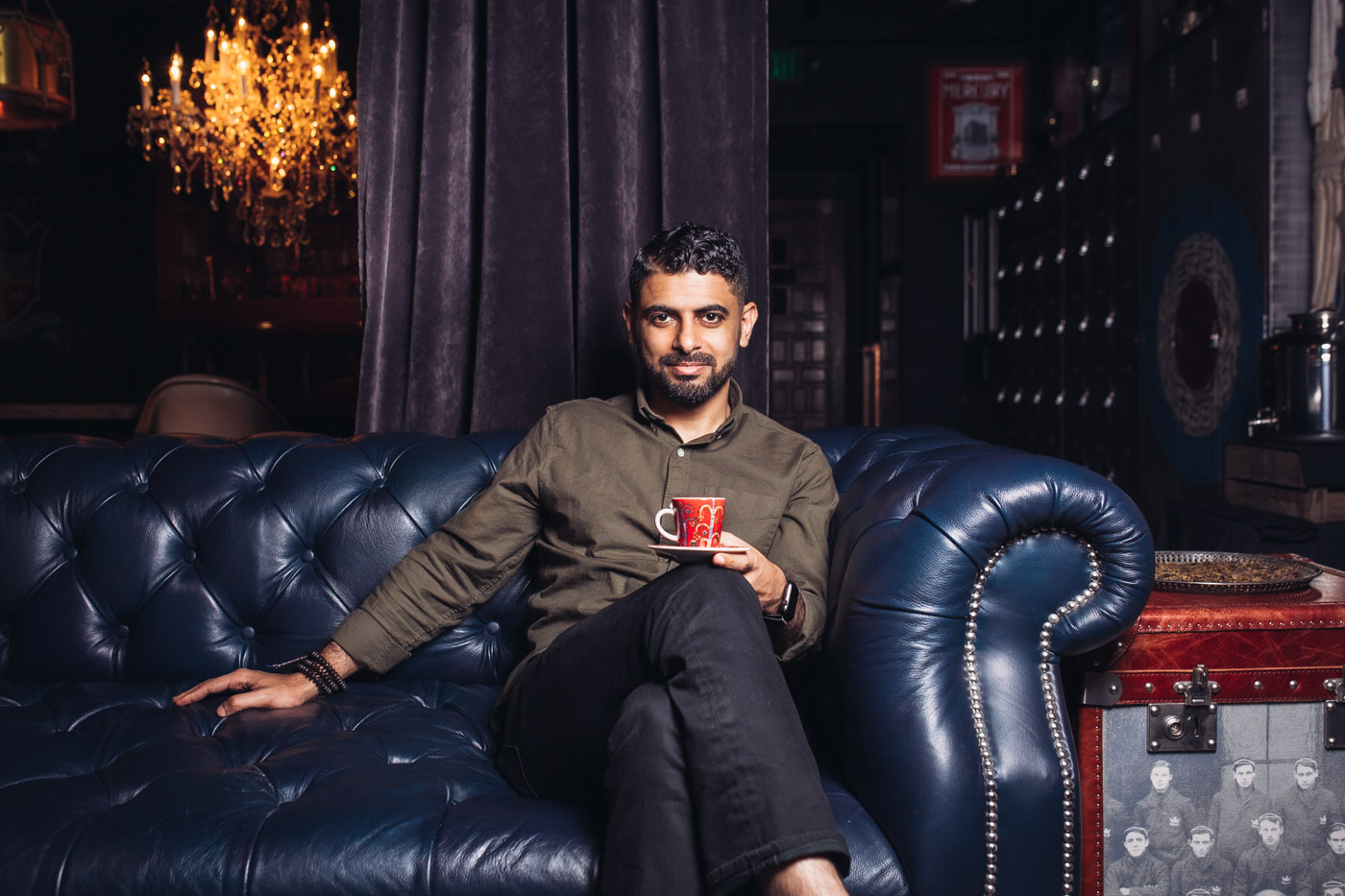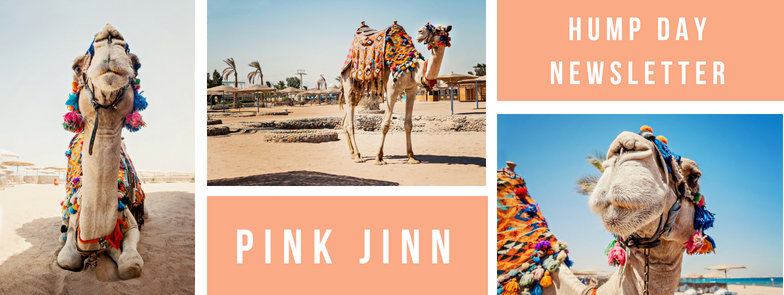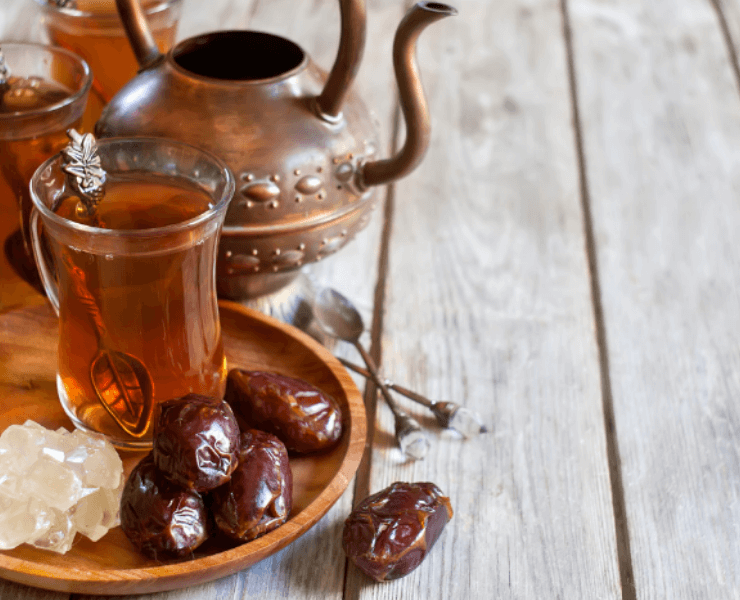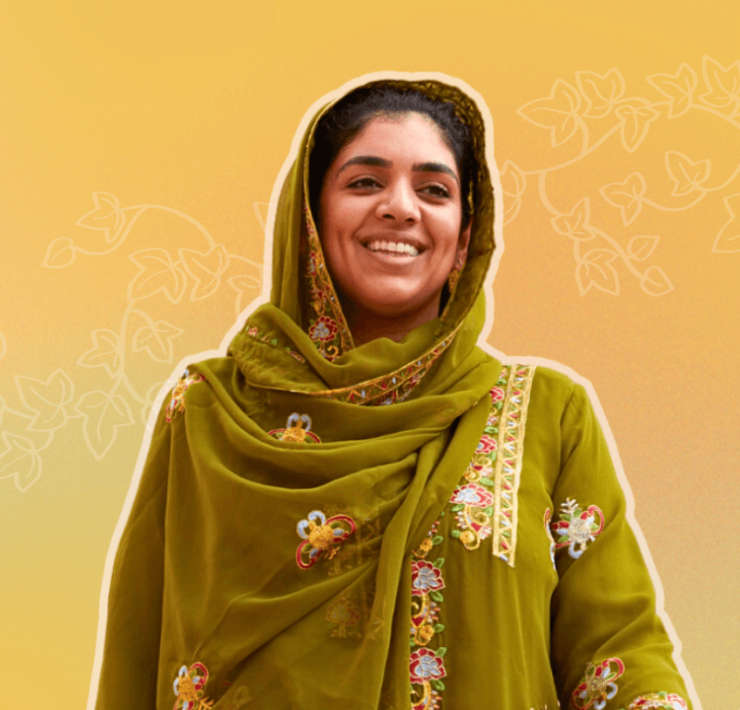The Monk of Mokha by Dave Eggers tells the encapsulating story of Mokhtar Alkhanshali, a Yemeni-American who travels to Yemen to start a social enterprise to reignite the ancient art of Yemeni coffee. There’s only one problem – when Mokhtar set out in 2014, Yemen was on the brink of civil war.
The book follows his journey from the hipster specialty coffee shops of San Francisco to the streets of war-torn Sana’a; from the lush mountains of Yemen where he meets farmers, traders and tribes, to the Yemeni coast, where he must navigate a web of militias in order to escape the country unharmed. In 2015, Mokhtar left the Port of Mokha – once among the world’s key trading ports and now the name of his company – with nothing but his coffee samples and the dream of bringing trade and opportunities to the people he met.
As well as telling Mokhtar’s remarkable story, The Monk of Mokha highlights the fascinating history of a country now known mostly for its bloody conflict. It also offers a unique insight into the post-9/11 reality of life for Arab Americans.
Back to the roots of the coffee trade
Few coffee-drinkers are aware that the beans that created their Americano or their pumpkin spice latte actually originated in the Middle East. Today, when we buy Arabica coffee, we envisage farms in Kenya, Java and Colombia, when in fact the coffee bean was actually discovered in the hills of Yemen and Ethiopia. According to legend, it was in the Yemeni port town of Mokha that the bean was first brewed to make the magical brown liquid stimulant many of us rely on to get us through the day.
The world’s first coffee was brewed by a Sufi holy man named Ali Ibn Omar al-Shadhili, who became known as the Monk of Mokha. While coffee – or qahwa – was transported all over the Middle East and North Africa by travellers and traders of old, the plants that yielded the fruit from which the beans came were fiercely protected. Over time, adventurers and thieves managed to transport the plant, a handful of cherries or a small cutting at a time, to their homelands where they could grow, roast, brew and ultimately share in the vast profits to be made from the coffee trade.
 The mountainous regions of Yemen provide the perfect climate for coffee cultivation
The mountainous regions of Yemen provide the perfect climate for coffee cultivation
Yemeni coffee production, meanwhile, has all but ground to a halt in recent years. Informal governance by tribes and militias in the coffee-growing regions has made access and export difficult for traders, and demand for qat – a leafy narcotic chewed all over Yemen as a stimulant – has now far surpassed the demand for coffee. The coffee farms that do still exist in Yemen produce beans of unpredictable quality and are reliant on networks of powerful brokers for business, meaning profits are minimal and workers are often exploited.
 A Yemeni coffee farmer picks beans in Taiz – ironically with a cheek full of qat, the leafy narcotic that has put many coffee growers out of business
A Yemeni coffee farmer picks beans in Taiz – ironically with a cheek full of qat, the leafy narcotic that has put many coffee growers out of business
Raised in a rough neighbourhood in San Francisco, Mokhtar himself grew up with no idea about any of this. When he discovered the story of coffee in Yemen, it was as if a fire had been lit inside him – he had to know more. After working odd jobs throughout his teens and twenties, he began to feel as if he had finally found his calling. He planned to start a company that would export the highest quality coffee from Yemen, resurrecting this ancient art in his country of origin and providing well-paid jobs and opportunities for Yemenis in the process.
The Monk of Mokha is the story of Mokhtar’s epic journey across continents and conflict zones to make his vision a reality.
Crossing the frontlines of the conflict
After learning everything he possibly could about the coffee trade and working for industry experts in the in the US, Mokhtar set off for Yemen to tour the various coffee farms, collect samples, and work out a way forward for his business. He arrived in Sana’a in 2014 after the Houthis, a militia from the north of the country, had taken control of the capital and other parts of the country.
For a while it seemed like business as usual – the government bureaucracy was not functioning any better or worse than it had under the rule of former President Ali Abdullah Saleh; Yemenis in the capital were cautious of the situation, but getting on with life. This all changed in March 2015, when the Saudi-led coalition began a bombing campaign to drive the Houthis out. At night, the bombs rained down on Sana’a, then when morning came residents would assess the damage and go on with their day.
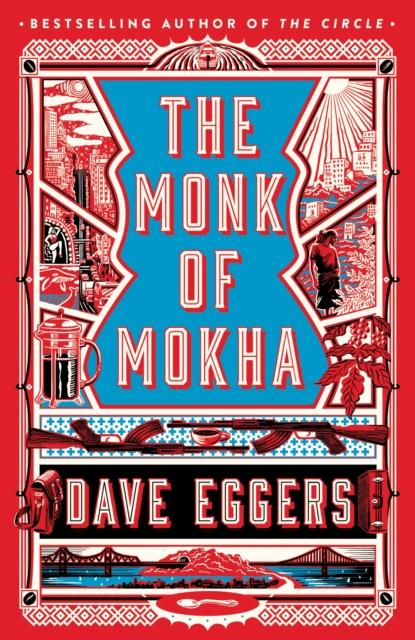 After years of hearing about the devastating effects of the civil war on the Yemeni people in the news, there’s something uniquely moving and deeply personal about hearing the story from Mokhtar’s perspective. The book shares stories of Mokhtar’s close shaves and incidents where he was sure he wouldn’t survive, while also highlighting the fact that life went on in Sana’a, even under siege. People who were able still showed up for work, looked after their families, and discussed political gossip at afternoon qat chews.
After years of hearing about the devastating effects of the civil war on the Yemeni people in the news, there’s something uniquely moving and deeply personal about hearing the story from Mokhtar’s perspective. The book shares stories of Mokhtar’s close shaves and incidents where he was sure he wouldn’t survive, while also highlighting the fact that life went on in Sana’a, even under siege. People who were able still showed up for work, looked after their families, and discussed political gossip at afternoon qat chews.
Ultimately, Mokhtar realised he had to leave Yemen – although at times in the story it seems he’s far more concerned about getting his coffee samples to the US unharmed than he is about his own safety. The dramatic account in the book of his repeated attempts to leave the country gives a sense of the lawlessness on the ground in parts of Yemen, where militias compete for power and influence and ordinary people end up caught in the crossfire.
The book also highlights the lack of concern of the US government for its citizens stranded in the country. There was no evacuation of US citizens, and there were even worrying stories of Yemeni-Americans having their citizenship revoked and their American passports confiscated when they tried to leave.
Going into further detail on Mokhtar’s escape would spoil the story for anyone planning to read the book – but you’ve probably figured out that he made it out, coffee samples in tow, and is now miraculously managing to run a successful business that provides employment to people in Yemen whose lives would otherwise be held hostage by the conflict. And in case that wasn’t enough, his coffee has been graded among the very highest quality in the world (a cup in San Francisco’s Blue Bottle Coffee goes for around $16!).
 Mokhtar snaps a selfie on his journey out of Yemen in 2015
Mokhtar snaps a selfie on his journey out of Yemen in 2015
A story of migration
Like millions of Americans, migration is a key part of Mokhtar’s story. The book sheds light on the obstacles faced by immigrant and diaspora communities in the US, from working to support families both in America and back in their home countries, to navigating cultural divides.
Arab-Americans in particular continue to face discrimination and abuse, and while many would attribute this to the divisiveness of Trump-era politics, this has much to do with the political response to the 9/11 attacks. The book details Mokhtar’s frustrating, if not infuriating treatment at the hands of American border officials when he travelled back to the US from Yemen in 2014. He explains how he was arbitrarily detained, questioned, screened, vetted – purely because he’s Arab. Yet in many ways, paradoxically, his story is the epitome of the American Dream.
We highly recommend you go and read The Monk of Mokha. Mokhtar’s remarkable story is powerful and uplifting, offering a valuable human insight into the reality on the ground in Yemen which you simply won’t get from the media. It also reminds us of the power of an idea and the potential of enterprise to lift entire communities out of poverty. If a twenty-something Arab American from a rough part of San Francisco can bring his idea to life while working in a war zone – anyone can!
Buy The Monk of Mokha on Amazon
If you enjoyed this, you might also like:
Reading List | 10 books to help you understand Yemen
New to the Souq: Beautiful Arabic coffee cups made in Palestine
12 essential ingredients for cooking Middle Eastern food
Subscribe to the Hump Day Newsletter to get the latest blog posts from Pink Jinn and insights into what’s going on in the Middle East and North Africa – delivered straight to your inbox on the first Wednesday of every month!
You’ll also get exclusive access to our Resource Bank and 10% off everything in our Etsy shop – The Souq ✨


